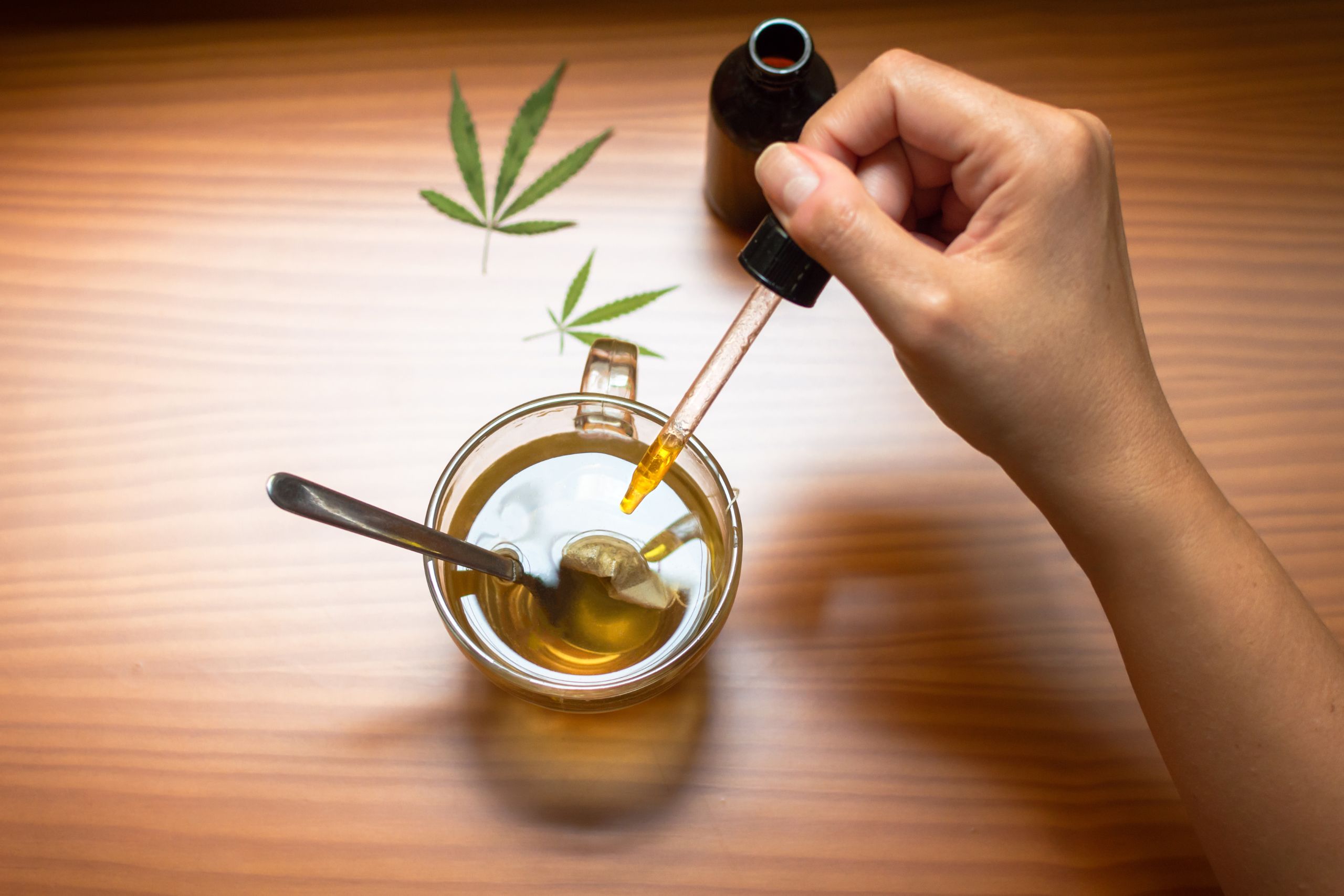Prevention is a powerful tool that can help avoid serious behavioral health issues, like erectile dysfunction (ED). Preventive measures also save lives and billions of dollars in medical costs you can check it out here erikoisapteekki.
Making extra effort or taking a few more minutes out of your day may require extra time, but the rewards can be enormous. It could mean the difference between a lifetime of health issues and living an enjoyable, active lifestyle.
1. Eat Healthy
If you want to prevent erectile dysfunction and other sexual health issues, eating a nutritious diet is key. Include plenty of fruits and vegetables in your meals for maximum variety.
Vegetables and fruit are excellent sources of vitamins, minerals, phytochemicals, and antioxidants. Furthermore, they contain fiber which helps you feel full for longer and prevents overeating.
Additionally, opt for low-fat dairy products, lean meats and unsalted nuts, seeds and soy products. Fish is another great source of nutrients – particularly omega 3 fatty acids and iodine.
Limiting fat intake is critical, as they can increase your risk for heart disease, stroke and high blood pressure. Furthermore, trans fats found in these foods contain harmful trans cholesterol that could raise levels.
Fatty food can clog blood vessels and restrict circulation to the penis, making it harder to achieve an erection. To avoid such issues, eat more fresh produce like fruits and vegetables, lean meats and low-fat dairy products.
Furthermore, cutting back on high-fat foods such as fried food and fast food can have a significant impact on your health. Eating less of these types of dishes also helps you maintain an ideal weight – essential for having a strong and satisfying sexual life.
Making small changes to your eating habits can have a major effect in the long run. For instance, try replacing one unhealthy food each week with something healthier like a glass of juice or serving of dry beans.
You can incorporate more exercise into your daily regimen. Just remember to start slowly and gradually increase the intensity of activities such as running or jogging over time.
2. Exercise Regularly
Exercising is essential for overall wellbeing, and following an exercise routine can help you maintain a healthy weight and boost libido. Furthermore, it helps combat feelings of stress or anxiety which are often responsible for low libido in both men and women alike.
Finding something enjoyable to do each day will make it more enjoyable to stick with your exercise regimen. Aim for at least 30 minutes of physical activity three times a week.
Exercise can increase your body’s libido, boost your confidence and help you cope with stressful situations. Plus, it releases endorphins – a hormone which promotes happiness, eases pain and enhances general well-being – which are all great things to have around.
Studies have demonstrated that exercise can increase sex drive by up to 150%, according to Dr. Meston, a sexual medicine expert. This is likely due to factors like increased cortisol, estrogen, prolactin and oxytocin levels in your system.
Additionally, it will lubricate your body, leading to a more pleasurable sex experience. Furthermore, it increases blood flow to your genitals – essential for experiencing orgasms.
Exercise regularly has another advantage, strengthening the muscles around your pelvic floor which are known to weaken with age. This could be beneficial in avoiding issues like erectile dysfunction and female sexual dysfunction.
You can also try exercises to increase your sexual performance and stamina, such as cardio or swimming. These can be an enjoyable way to enhance your body image and give you more confidence during intimate encounters with a partner.
3. Get Enough Sleep
Sleep is essential for good health, yet many people fail to get enough of it. Sleep helps you recharge and refresh so you feel alert and energetic throughout the day. Plus, it may improve memory retention and focus.
Adults typically require between seven and nine hours of sleep each night, though some individuals only require six. Some even possess a gene which allows them to function well with as little as six hours of shut-eye per night; however, this trait is quite rare.
When you don’t get enough sleep, your body produces stress hormones such as cortisol. These suppress sex hormones such as estrogen and testosterone production, making you less interested in having intimate experiences and leading to a decrease in libido.
Researchers have also connected sleep deprivation to erectile dysfunction, or the inability to produce an erection during sexual activity. It affects about 30 million men in the U.S. alone.
Sleeping enough may be one of the most effective methods for preventing sexual dysfunction. It helps you be emotionally present, which is essential in having a fulfilling and healthy sexual life.
Additionally, it can make you more sensitive to your partner’s emotions. This is because it revitalizes the amygdala–that part of your brain which stores memories and experiences–by processing memories in a more relaxed state.
If you have any concerns about your sleep or sexual health, consult your doctor. They can assess your condition and suggest steps that you can take to enhance your sexual wellbeing.
4. Stay Active
Maintaining physical activity is essential if you want to keep your body happy and healthy. Not only does it benefit the heart and lungs, but it can also aid in weight maintenance, lower the risk of diabetes, heart disease, cancer and osteoporosis, boost moods and energy levels as well as promote overall wellbeing.
Exercise can take many forms, from gym visits to more mundane tasks like parking farther away and walking/biking to your destination. But in order to be truly beneficial, you must find an activity that fits into both your lifestyle and health objectives.
For example, if you’re trying to shed pounds, consider taking up a new sport such as swimming, dancing or cycling. Not only will these activities get your blood pumping but they’ll also boost self-esteem and enhance sleep quality.
You can even group these activities together for greater success. Swimming, biking or even taking a leisurely walk around the block may be even more enjoyable when done in company with friends or family members.
If you’re not sure where to begin with fitness, there are plenty of websites offering free programs like online workout videos to get you started. Additionally, certified personal trainers or nutritionists can offer advice. Most importantly, these professionals will assist in sticking to a program that will make you look and feel your best.
5. Stay Healthy
Good sexual health involves being informed, careful and respectful to yourself and your partner. It also means enjoying yourself in a way that feels comfortable for both of you. Maintaining this level of awareness can help avoid unwanted pregnancies or sexually transmitted infections (STIs). It’s an integral part of overall wellbeing – one which should never be neglected!
Fitness has many advantages, such as a healthier body, more fulfilling sexual experiences, positive relationships, peace of mind and the freedom to enjoy yourself without fear or shame. Furthermore, having sexually healthy behaviors has been linked to lower risks for certain diseases like cancer, heart disease, stroke diabetes and osteoporosis.
Staying healthy can be easier than you think, with these simple strategies. These include eating foods that are packed with essential nutrients, exercising regularly, and getting enough shut-eye.
Eating a nutritious diet can give you energy, lift your mood, and enhance sexual desire and performance. Not only that, but it may help manage diabetes, high cholesterol, and other conditions as well.
Exercising is an excellent way to build stamina and strength, improve balance, regulate blood sugar levels, and strengthen bones. For optimal benefits, aim for at least 150 minutes of moderate-intensity exercise per week.
No matter your schedule, make time for some physical activity every day. Start with 5 or 10 minute sessions and gradually increase the duration of exercise sessions.
One way to ensure your health and sexual well-being is avoiding smoking, drinking too much alcohol, and taking drugs that could potentially impact either. Speak with your healthcare provider about how these activities impact your sexual life and what steps can be taken to avoid them.





